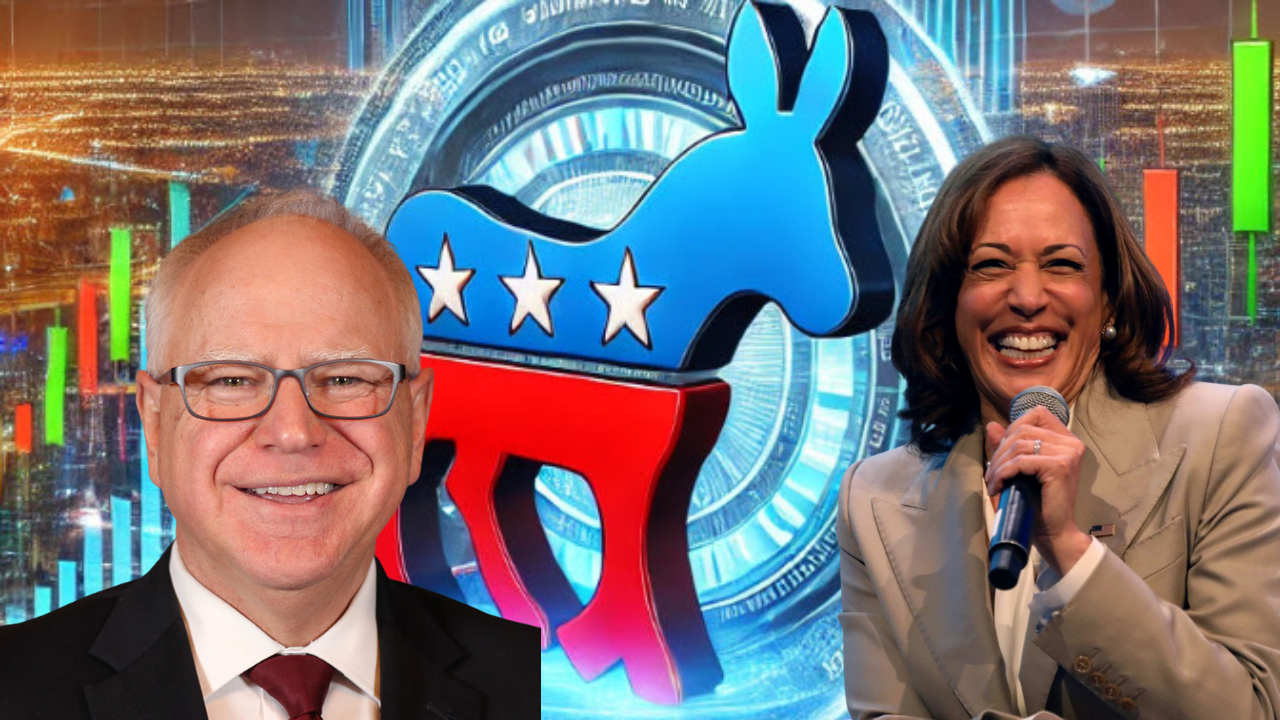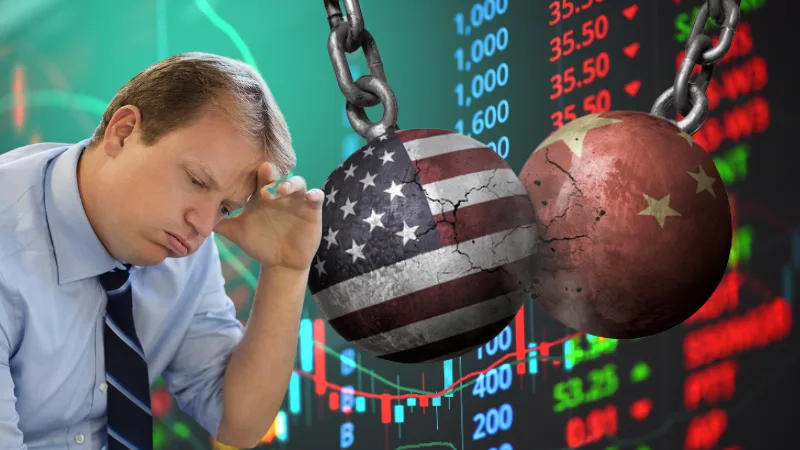The Democratic National Convention (DNC) is a significant event that has the potential to influence the stock market in multiple ways. With the upcoming DNC scheduled in Chicago from August 19 to 22, 2024, investors and market analysts are keen to understand how the convention’s outcomes might shape market movements. By examining the potential economic impacts, drawing historical parallels, and analyzing key speakers’ roles, we can gain insights into the possible implications for the stock market.
Economic Policy Shifts and Market Reactions
Political events like the DNC can act as a barometer for future economic policies, which in turn influence investor sentiment and market dynamics. Several key areas are likely to be under the spotlight during the convention, and each could have a direct impact on the stock market:
- Taxation Policies:
- The DNC is expected to address taxation, particularly corporate tax rates. If the convention leans towards proposing higher taxes on corporations, this could negatively impact sectors that are sensitive to tax changes, such as technology and finance. Conversely, if the convention proposes tax incentives for emerging sectors like green energy, stocks in these areas might see positive momentum.
- Healthcare Reform:
- Healthcare is another critical area of focus. Proposals for reform, especially those related to drug pricing and insurance regulation, can cause volatility in the healthcare sector. Investors will be paying close attention to any hints of sweeping changes that could affect pharmaceutical companies, insurers, and healthcare providers.
- Climate and Environmental Regulations:
- Climate change and environmental policies are expected to feature prominently at the DNC. Proposals to strengthen regulations could boost stocks in renewable energy sectors while potentially creating headwinds for traditional energy companies, such as those in the oil and gas industry.
- Labor and Wage Policies:
- Discussions around increasing the minimum wage and enhancing labor rights could impact industries with large low-wage workforces, such as retail and hospitality. The market may react to any indications that labor costs will rise significantly, affecting profitability in these sectors.
Market Sentiment and Political Stability
The DNC is not just about policy; it is also a reflection of the party’s unity and readiness to govern. Political stability, or the lack thereof, can have a profound effect on market sentiment:
- Unity and Cohesion: If the DNC showcases a unified party with a clear and cohesive message, it could reassure investors and lead to market stability. A well-organized and smoothly conducted convention suggests that the party is prepared to implement its platform effectively if it wins the election.
- Divisions and Infighting: On the other hand, visible rifts within the party could lead to market uncertainty. Investors may become cautious if they perceive that the party is struggling with internal conflicts, which could translate into policy inconsistency or governance challenges.
Historical Parallels: The 1968 DNC
The 1968 Democratic National Convention in Chicago offers a historical parallel that can provide context for understanding the potential impact of the 2024 convention:
- Historical Volatility: The 1968 DNC was marked by significant unrest and political turmoil, which led to market uncertainty. The convention became a symbol of the deep divisions within the Democratic Party and the broader society, contributing to a negative perception of the party and its eventual loss in the presidential election.
- Impact on Elections: The turbulence of the 1968 DNC had long-lasting effects on the Democratic Party’s image and electoral prospects. Similarly, if the 2024 convention experiences significant protests or exposes deep divisions within the party, it could weaken the party’s chances in the upcoming election, leading to increased market volatility.
Key Speakers and Their Influence on the Market
The DNC will feature speeches from several high-profile figures, each of whom could influence market sentiment depending on the policies they emphasize:
- President Joe Biden: As the sitting president, Biden’s speech will be closely watched for any new policy directions, especially those related to the economy. His defense of the administration’s achievements and any new proposals could move markets, particularly if they signal changes in taxation, regulation, or government spending.
- Vice President Kamala Harris: Harris’s focus on social justice, healthcare, and labor rights could impact specific sectors, such as healthcare and consumer goods. Her speech will likely reinforce the administration’s commitment to these issues, which could influence investor sentiment in related industries.
- Former President Barack Obama: Known for his unifying and inspiring speeches, Obama’s appearance at the DNC could help bolster market confidence. If he successfully portrays the Democratic Party as united and forward-looking, it could reassure investors and contribute to market stability.
Conclusion: Strategic Implications for Investors
The 2024 Democratic National Convention in Chicago is more than just a political event; it is a potential catalyst for significant market movements. By closely monitoring the discussions, policy proposals, and overall tone of the convention, investors can gain valuable insights into the possible directions of economic policy and their implications for various sectors.
For those seeking to stay ahead of market trends, understanding the potential impact of the DNC is crucial. Whether it’s through analyzing the parallels with the 1968 convention, evaluating the market implications of key policy proposals, or assessing the influence of major speakers, staying informed will be key to navigating the market during and after the convention.
For detailed information and updates on the DNC schedule and events, you can visit the official Democratic National Convention website (Democratic National Convention). This resource will be invaluable for keeping up with the latest developments and understanding how they might impact the stock market.





